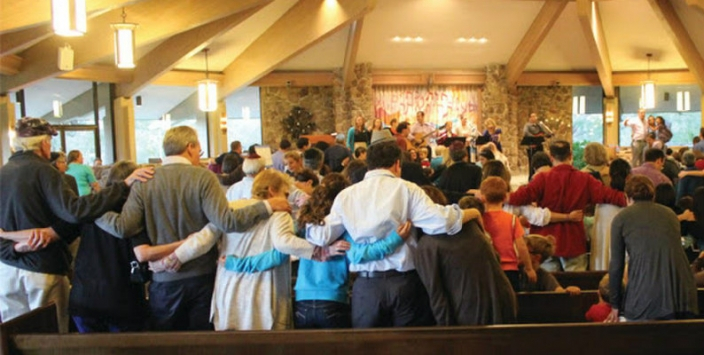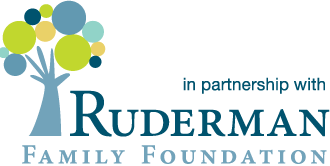What People with Disabilities (and Their Families) Wish Their Rabbis Knew
02/07/2017
Ever read an article that just sticks with you? One that you think about days and maybe even weeks after you read it?
That’s what the article “What Special-Needs Families Wish Their Pastors Knew” has been for me. It immediately and deeply resonated. Of course, I swapped “rabbi” for “pastor,” but it might as well have been written for synagogues.
Not all synagogues, of course. Just as you can’t drape this piece like a blanket across all churches, neither can I make the broad statement that it would apply to all synagogues – but it certainly applies to many.
As a Jewish professional dedicated to issues of disability inclusion and awareness, I’m all about solutions. When I read this article, I wanted to yell, “This is exactly the type of piece that must be required reading in our seminaries!” Don’t we want to get at the root of the issue and create caring, compassionate clergy who get it from the get-go, rather than spend time and energy later trying to help those same clergy members to adapt and change?
Here are some highlights from the original piece, re-framed in the language of synagogue life and experience, with some of my own commentary tossed in:
1. “We are lonely.”
The article says: “We often don’t fit in with our peers with kids of similar ages. Our kids’ needs keep us home more often (or at the hospital or at therapy appointments). But we long for community.”
In synagogue life: Bingo! This hits the nail on the head. So many of us in Jewish professional roles lament woes such as, “Why won’t more people come to our events?” or “How do we get our religious school families to make synagogue and services more of a priority?” The answer is alwaysthat there’s more beneath the surface that we just don’t know.
2. “We wish we could do more.”
The article says: “Some [synagogue] activities just don’t work for our families. Even when we want to be there, we may not be able to. (Personally, potlucks are the worst for us! James grabs fistfuls of food and has a hard time staying in his chair. He’ll even drink from other peoples’ cups or steal cookies if he gets a chance!)”
In synagogue life: How often are we asking families what they want? Or is it that we continue to plan things that we think they should want? How often do synagogue leaders think a potluck is the perfect way for a family to connect to the community? It’s critical for us to remember there’s always another point of view (and probably a few!)
3. “We know you can’t control every temple member’s reactions to our family, but you set the example.”
The article says: “How you talk about families like ours to your [colleagues], [lay leaders], and/or [staff] trickles down to how everyone treats us. If you welcome us with open arms and an accommodating spirit, the [temple] (for the most part) will follow your example.”
In synagogue life: This says it all. Amen.
4. “How you talk about disabilities from the pulpit makes an impact on us.”
The article says: Are people with disabilities only talked about when they overcome obstacles or are healed? Do you use insensitive language like calling someone “crazy” or saying “there was something wrong with him” in your sermon illustrations? Your language can make us feel welcome or not. (And this includes the language of your staff.)”
In synagogue life: Again, this says it all. Absolutely yes.
5. “The challenges we face as our children grow up change and evolve.”
The article says: “What works for a 3-year-old with autism doesn’t work for a 13-year-old with Down syndrome or a 30-year-old with cerebral palsy. We want to feel like a valuable member of the [synagogue] at each stage. We want our kids to be safe and loved, no matter their ages or abilities. We appreciate when you are willing to change and evolve with us.”
In synagogue life: Inclusion is always a team effort. It’s a mindset and an attitude. It is a willingness to be creative and do what it takes to find success in each individual situation.
How do we move toward the solutions? Do you know of any other articles like the one from Key Ministry or this one into the hands of clergy? Let’s move our thinking forward and give them the tools to effect powerful, lasting change.
And by the way, what’s missing? What do you wish your rabbi knew about your family with a disability?
February is Jewish Disability Awareness and Inclusion Month (JDAIM), a unified initiative to raise disability awareness and support efforts to foster inclusion in Jewish communities worldwide. The Union for Reform Judaism is proud to partner with the Ruderman Family Foundation to ensure full inclusion and participation of people with disabilities and their families in every aspect of Reform Jewish life.Visit the Disabilities Inclusion Learning Center to learn more.

